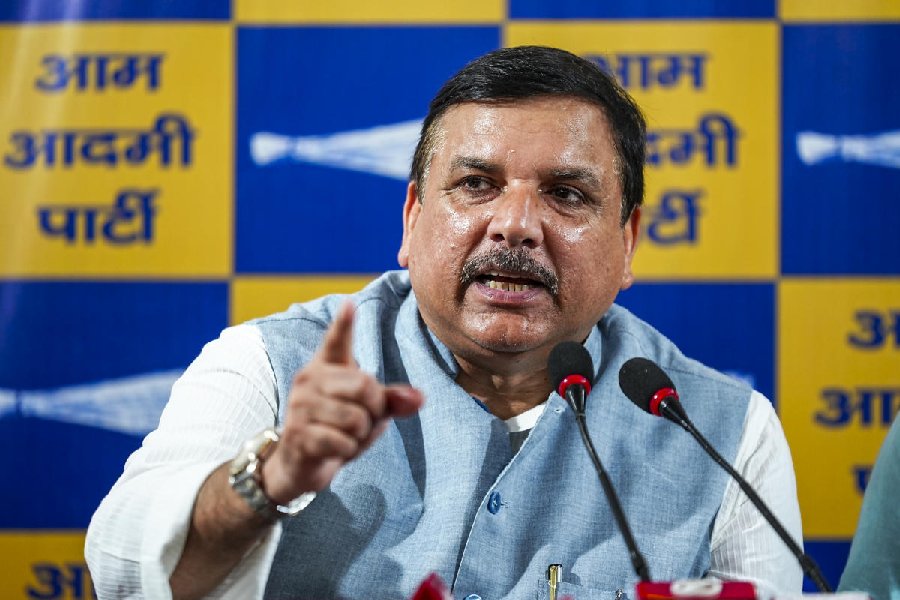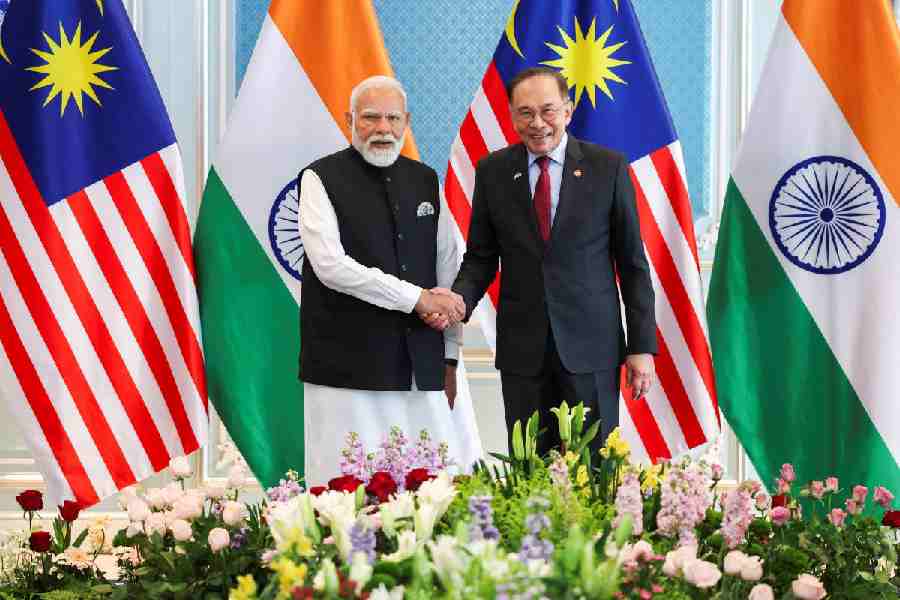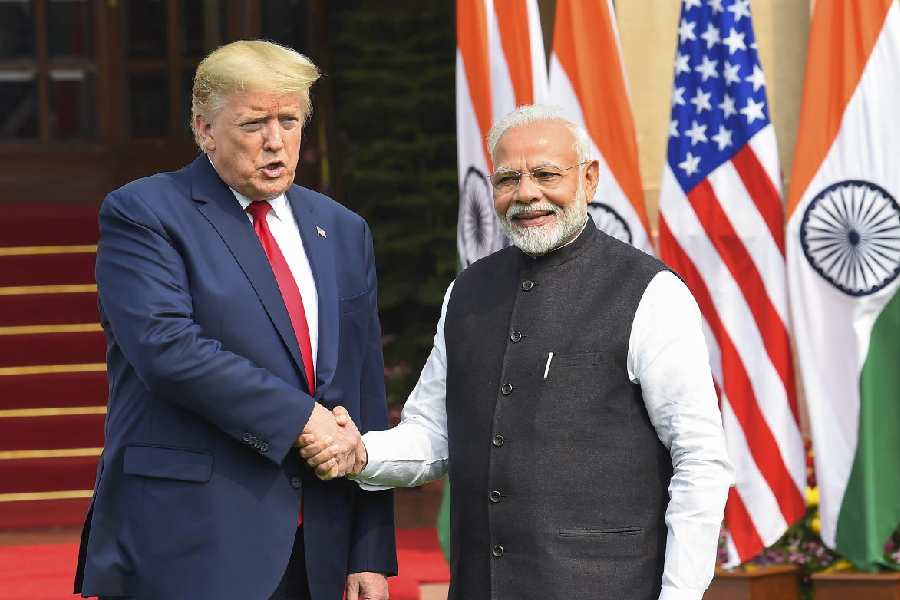 |
| LOOK BEFORE YOU SIGN: Nargis Fakri and Dia Mirza |
Continued from Page 13
Zagade and his team, however, might be just scratching the surface. Hordes of products, some claiming to make you taller by a couple of inches, others promising magical cures, are being endorsed by celebrities. The endorsements translate into mega bucks. Industry insiders say Govinda and Shroff are paid Rs 20-50 lakh for such campaigns, while lesser known actors are paid Rs 10-20 lakh.
According to figures for September 2011 released by TAM AdEx, that tracks TV advertising, six per cent of the ads featured Katrina Kaif and Shah Rukh Khan; M.S. Dhoni followed with 5 per cent; while Kareena Kapoor, Sachin Tendulkar and Amitabh Bachchan figured in 4 per cent of them.
Sportspersons too are much sought after. Some 21 per cent of celebrities on TV in the first half of 2011 were sports people, say TAM reports.
So should actors be more responsible when signing contracts for such products? “I don’t think the celebrity should be held responsible. Also, in this day and age consumers should be smart enough to read labels and do their own research,” actor Nargis Fakhri argues.
Ambi Parmeshwaran, executive director and CEO, FCB Ulka, agrees. If a product fails, the marketer is responsible, he holds. “As far as the celebrity is concerned, the biggest setback for him is his credibility. If people stop believing in you, that is punishment enough.”
Actor Dia Mirza says she allows her instincts to guide her. “I know instinctively and courtesy a sense of general awareness whether a product is largely good for the end consumer...,” she says. In fact, Mirza — ambassador for Panasonic, The Body Shop and Cera — claims she uses all the products she endorses. Fakhri adds that if she ever endorses a herbal product, she is going to ask “many questions beforehand” and even try it out first.
Advertising agencies are not very happy about the fracas. “No product can sell in the long term if it does not meet people’s expectations. The market is the final jury on whatever claim the product is making. Having said that, we have the Advertising Standards Council of India (ASCI) where affected consumers can lodge complaints,” Parmeshwaran says.
According to ASCI, it received 3,000-odd complaints about TV advertisements this year and asked for 200 ads to be taken off the air. “Of these, 8-10 per cent related to telemarketing products,” points out ASCI secretary general Alan Collaco. Collaco points out that the companies get in touch with the smaller stars directly to endorse their products. “These are very small companies which just want a face for their products.”
Of course, that doesn’t mean that the stars are small. Even top actors such as Hrithik Roshan and SRK and ace batsman Sachin Tendulkar have let their fans down. It is estimated that the stars were paid around Rs 5 crore each for endorsing Home Trade, a financial services portal in 2000. The company went bust within a year.
When a star backs a product or a company, the impact is immense. Home Trade, for instance, became a talking point. “People started asking what the company was doing. The awareness about Home Trade was because of the stars,” says ad guru Prahlad Kakkar, who believes that the big stars are more careful after the Home Trade fiasco. “These days stars always have a lawyer with them before they sign on the dotted line.”
But most actors are not greatly bothered about what they endorse. “Some don’t mind appearing in ads ranging from a banian to hawai chappals and everything in between. On the other hand, people like Ranbir Kapoor are very, very selective,” says Anirban Das Blah, managing director of KWAN Entertainment & Marketing, a company that represents several top stars, including Kapoor and Deepika Padukone. According to Blah, Kapoor has rejected 51 advertising offers and accepted only six. “There is very little chance of people like him getting it wrong,” he says.
Kakkar, however, asserts that stars — big or small — could be duped into endorsing products in the future too despite all the precautions. “There are enough crooks out there and they will devise new ways to entice the stars and the consumers. But at the end of the day, the consumer will decide the fate of the product, not the star,” he adds.
The moral of the story? An ad is an ad — take it with a pinch of salt. And remember the one extolling the virtues of a product has been paid to do so.
Additional reporting by Shabina Akhtar











